Ready to make your move? With Tilly Bailey & Irvine, you have the luxury of one of the fastest groups of conveyancing solicitors and legal advisors in the UK. We offer a first-class conveyancing service and are one of the largest in the region. We can help with buying or selling property in Hartlepool, Stockton, Wynyard, Durham, Middlesbrough, Newcastle, Sunderland, Billingham... or in fact anywhere across England and Wales!
We believe in setting out exactly what we will do from the beginning and keeping you, the client, regularly informed. By phone, e-mail, or SMS text, we understand the importance of regular communication to give you the peace of mind that your transaction is running smoothly.















